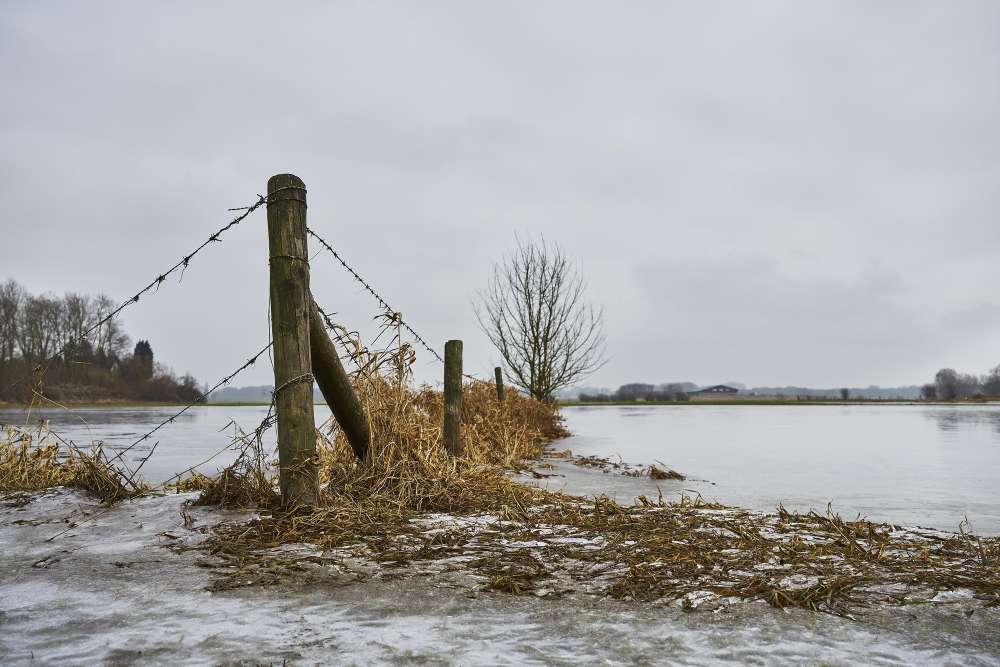Flooding poses a significant threat to communities across the United States, and safeguarding your property against this risk is a top priority. While flood insurance is crucial in this defense, many homeowners might need to know the potential savings offered through the Community Rating System (CRS). This blog will explore the CRS and how its discounts can benefit your flood insurance, providing financial relief and peace of mind.
Understanding the Community Rating System (CRS)
The CRS is a program implemented by the National Flood Insurance Program (NFIP) to encourage communities to take proactive measures to reduce flood risks and enhance floodplain management. The program assesses and rates communities based on their efforts to mitigate flood damage, assigning a CRS class from 1 to 10.
The lower the CRS class, the higher the discount on flood insurance premiums. These discounts are designed to reward and incentivize communities that go above and beyond in implementing measures to reduce the impact of flooding.
CRS Discounts: A Win-Win for Communities and Homeowners
1. Financial Incentives for Communities
Communities that invest in comprehensive floodplain management strategies are better equipped to protect residents and earn substantial CRS discounts. These discounts can be reinvested in further improving community resilience and infrastructure.
2. Reduced Flood Insurance Premiums for Homeowners
For homeowners, residing in a community with a lower CRS class translates into significant savings on flood insurance premiums. This financial relief can be substantial and offers a tangible benefit to those looking to protect their homes and assets.
Key CRS Discount Elements
1. Public Information and Outreach
Communities earn discounts by actively engaging in public information campaigns that educate residents about flood risks, preparedness, and available resources.
2. Mapping and Regulations
Effective floodplain mapping and stringent building regulations contribute to lower flood risks. Communities investing in these measures receive CRS discounts.
3. Flood Damage Reduction Activities
Implementing structural and non-structural measures to reduce flood damage, such as levees, retention basins, or elevation of structures, can lead to significant CRS discounts.
4. Stormwater Management
Communities with robust stormwater management programs receive discounts, as these initiatives help control runoff and minimize flooding risks.
5. Warning and Response Systems
Having efficient flood warning systems and response plans in place enhances community safety and earns CRS discounts.
Steps to Maximize CRS Discounts
1. Contact Your Community Officials
Contact your local community officials to understand your community's CRS class and the potential discounts available.
2. Participate in Community Programs
Get involved in community initiatives aimed at reducing flood risks. Attend workshops, contribute to cleanup efforts, and stay informed about floodplain management activities.
3. Invest in Home Improvements
Implement measures on your property that align with the CRS guidelines, such as elevating structures, installing flood vents, or creating green spaces that aid in water absorption.
4. Regularly Review Your Flood Insurance Policy
Stay informed about changes in your community's CRS class and regularly review your flood insurance policy to ensure you benefit from the maximum discounts available.
The CRS is a testament to the proactive approach the NFIP takes in promoting community resilience against flooding. By actively participating in and supporting your community's efforts, you contribute to overall safety and gain substantial discounts on flood insurance premiums.
In a world of rising climate uncertainties, leveraging every available tool to protect your property makes financial and practical sense. The CRS is not just a rating system; it's a pathway to community and individual resilience, providing a win-win for all those committed to safeguarding against the impacts of flooding.


